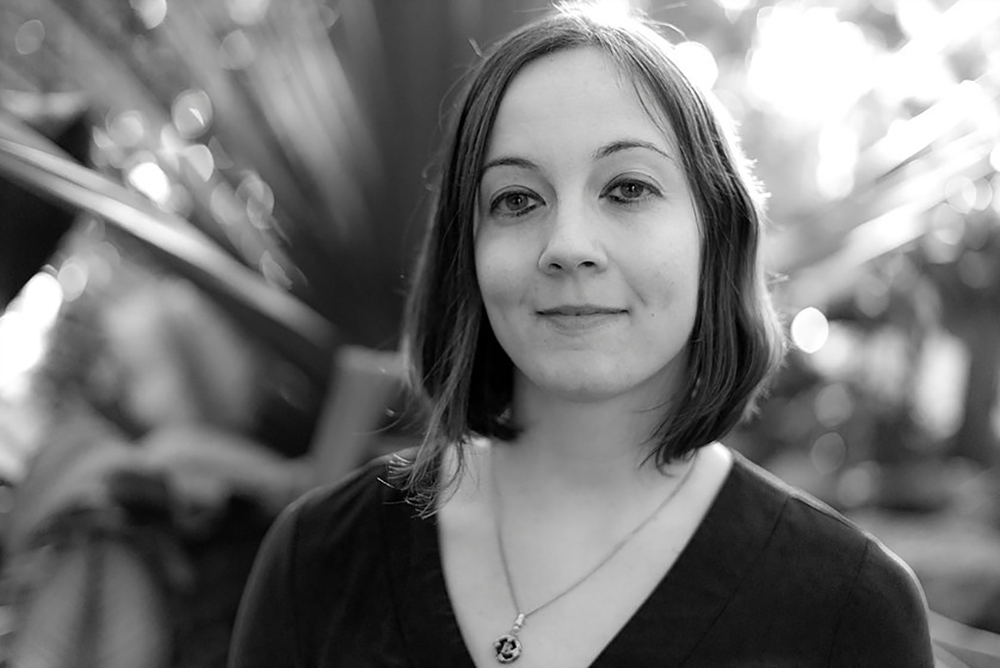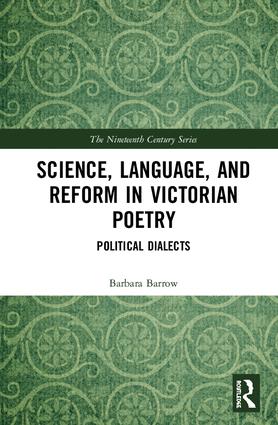English Professor Releases Book on Science, Language and Reform in Victorian Poetry Monday, July 15, 2019

"The process of drafting a proposal, contacting publishers and working on publicity has also given me insights into publishing that will help me advise students interested in editing, publishing and publicity careers after graduation."
Barbara Barrow, Ph.D., assistant professor of English in the Department of Literary Arts and Social Justice at Point Park University, recently released her book titled Science, Language, and Reform in Victorian Poetry.
 Barrow's book focuses on how 19th century poets, scientists, politicians and readers responded to contemporary debates about language, including where language comes from, whether a boundary exists between human and animal expression and how social hierarchies influence the way people think about language.
Barrow's book focuses on how 19th century poets, scientists, politicians and readers responded to contemporary debates about language, including where language comes from, whether a boundary exists between human and animal expression and how social hierarchies influence the way people think about language.
"Ultimately, the book argues that this fluid exchange between poets, scientists and their audiences was a way for people to think through the repercussions of dramatic political changes," Barrow said.
"I’ve always been so interested in how 19th century authors read scientists like Charles Darwin and how scientists read 19th century poets in turn. Today, we often think of literature and biology, for instance, as separate disciplines. I wanted to explore a time when there was less specialization and when the boundaries between different fields of study was more porous and open," Barrow explained.
According to Barrow, the experience of drafting and revising a book-length work has given her a lot of ideas about how to teach process writing in both upper-and lower-division courses at Point Park. She has come away from the book with an even stronger sense of how to organize writing from the brainstorming stage, to the feedback stage, and on to the final submission.
Barrow added: "The process of drafting a proposal, contacting publishers and working on publicity has also given me insights into publishing that will help me advise students interested in editing, publishing and publicity careers after graduation. I’m also preparing a class this fall that I will teach in the spring called Sex, Gender and the Victorians, which will explore the work of two of the poets in this book (among other things!)."

